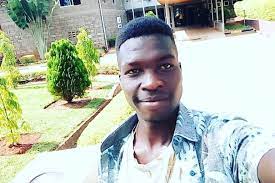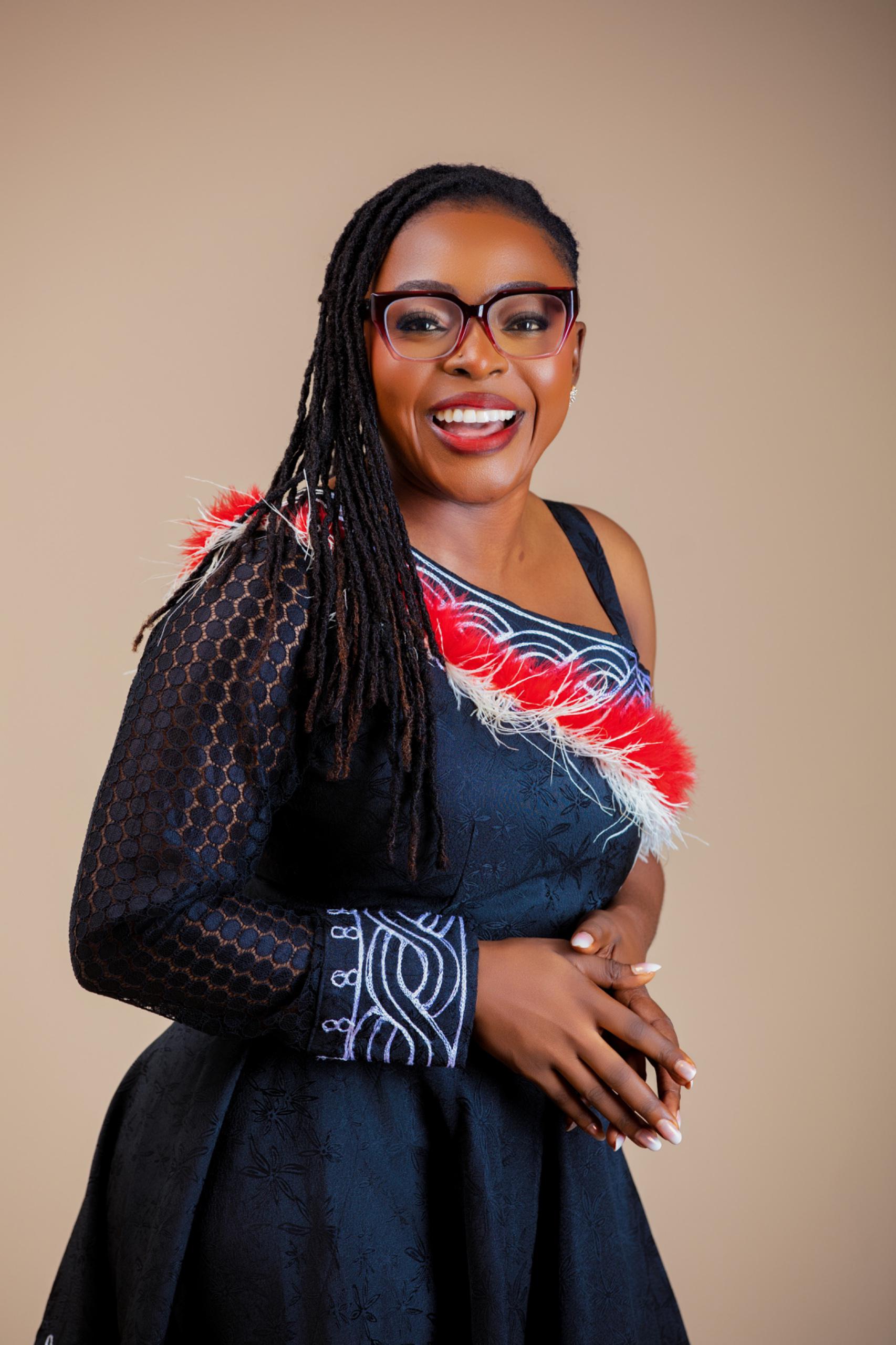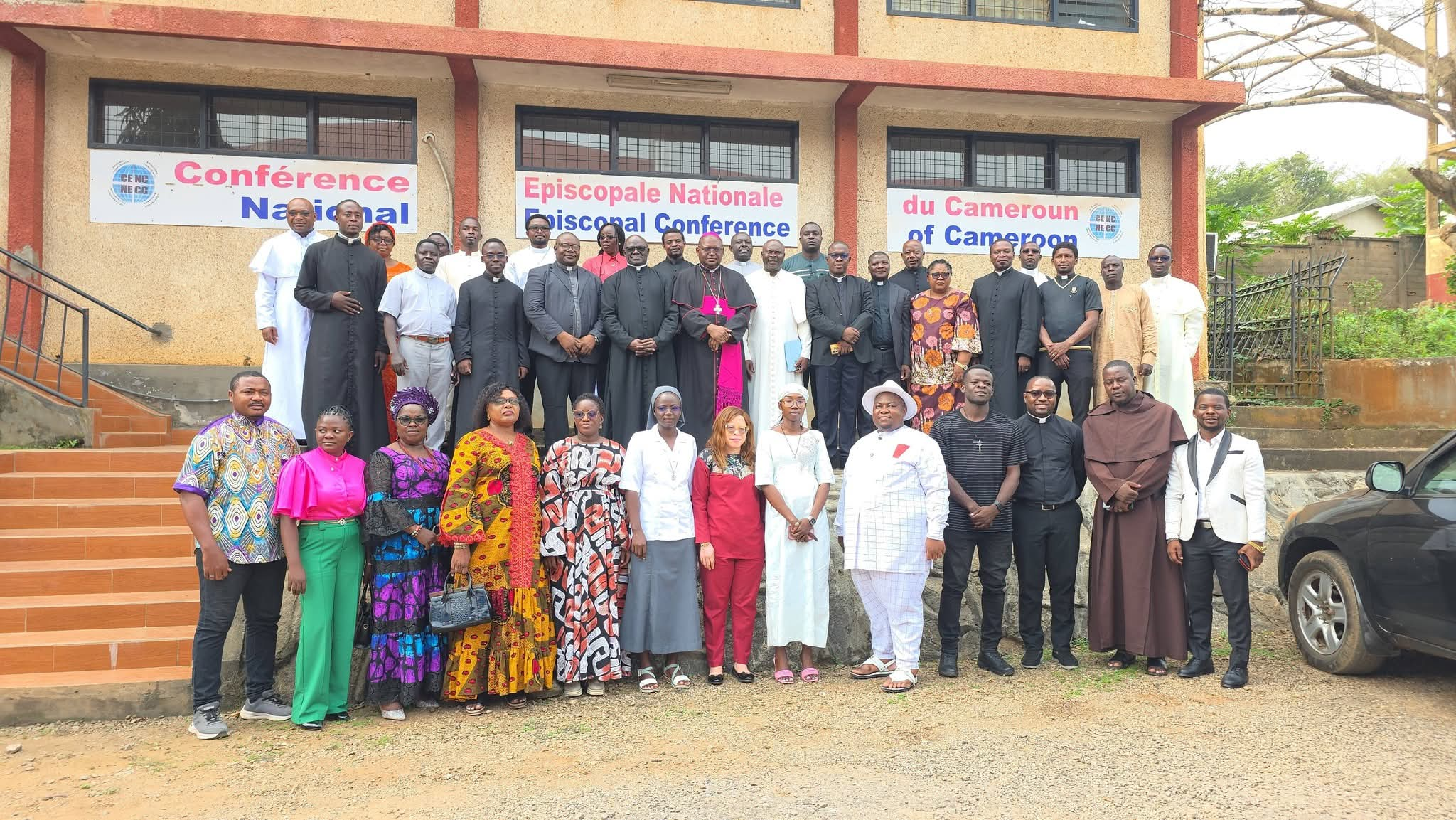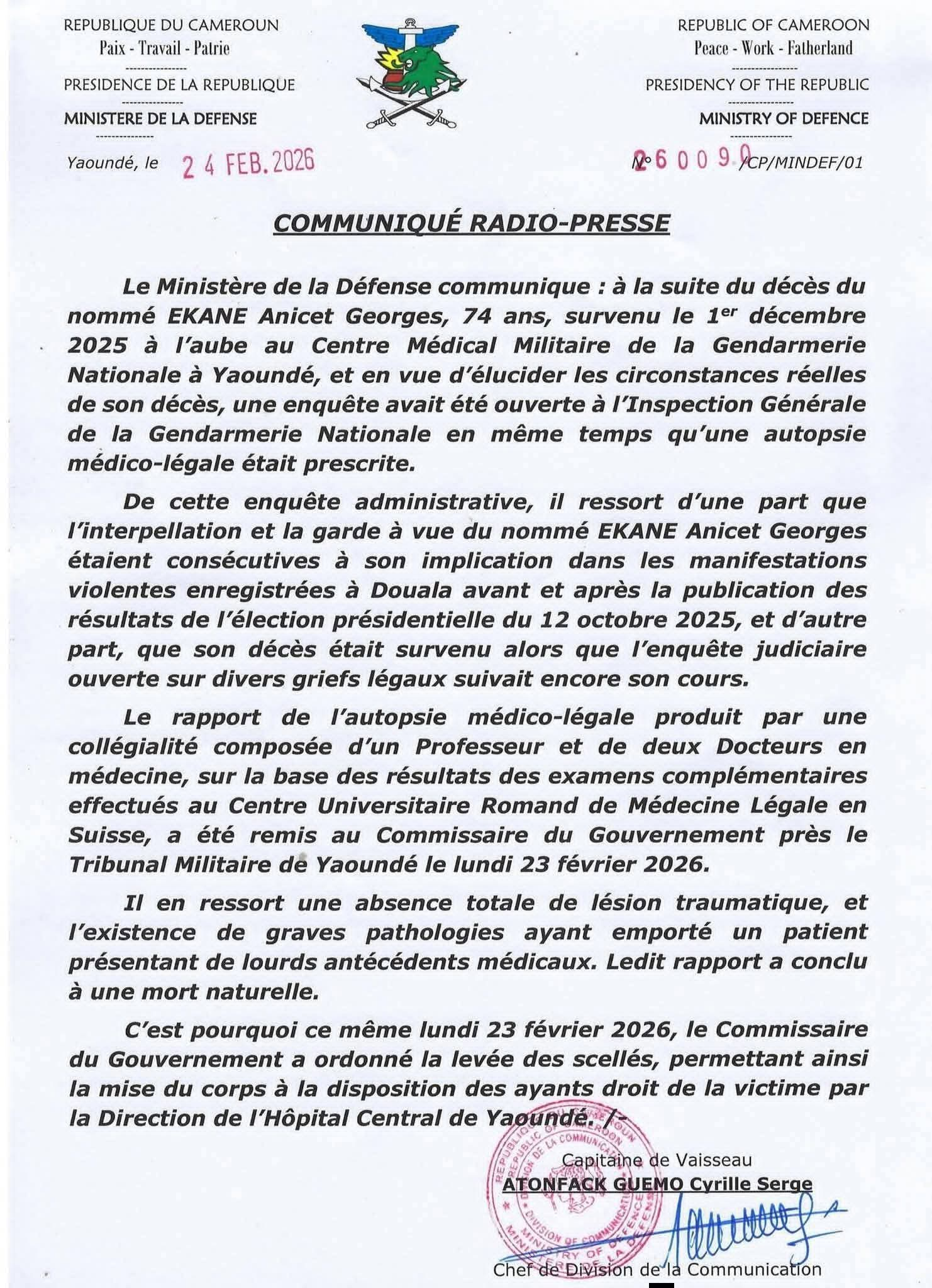The African Commission on Human and Peoples’ Rights based in Banjul has called on the Kenyan authorities to investigate the apparet murder of activist Edwin Chiloba whose remains were found dumped in a box earlier this week.In a statement to APA, the ACHPR said Chiloba’s death bears the hallmark of the killing of someone over their personality.
”From all indications, this tragic death was a result of hate and signifies the grave danger that arises when society tolerates attacks on people for no other reason than who they are” the statement said.
Chiloba, a Queer activist and a celebrated designer and model was apparently killed because of his sexual orientation.
A suspect has been arrested over his death, local reports in Kenya suggest.
The ACPHR through its Resolution 275 condemned violations of human rights including murder, rape, assault, arbitrary imprisonment, and other forms of persecution of persons on the basis of their imputed or real sexual orientation or gender identity, as acts contrary to the core tenets of the African Charter on Human and Peoples’ Rights (African Charter).
The commission believes that everyone is entitled to the protection of their lives and the integrity of their persons irrespective of their real or perceived sexual or gender identity, and by the mere fact of their being human.
It called on Kenya to initiate transparent, thorough, and prompt investigation into Chiloba’s death with a view to bringing, those responsible to justice and granting effective remedies including reparation to the families, in fulfilment of the obligations that it freely subscribed to as a state party to the African Charter.
The commission reaffirmed its fidelity to the sanctity of human life without distinction on any basis and reiterated following its Resolution 275 its rejection of any form of attack or violence against any one on account of their real or perceived sexual orientation or gender identity.
The African Commission accordingly urged Kenya and other member states to take legislative or other measures to ensure that all vulnerable members of society, including those who are or are perceived to be different from the mainstream members of society including on account of their sexual or gender identity, are guaranteed a life free from the threat of violence.




